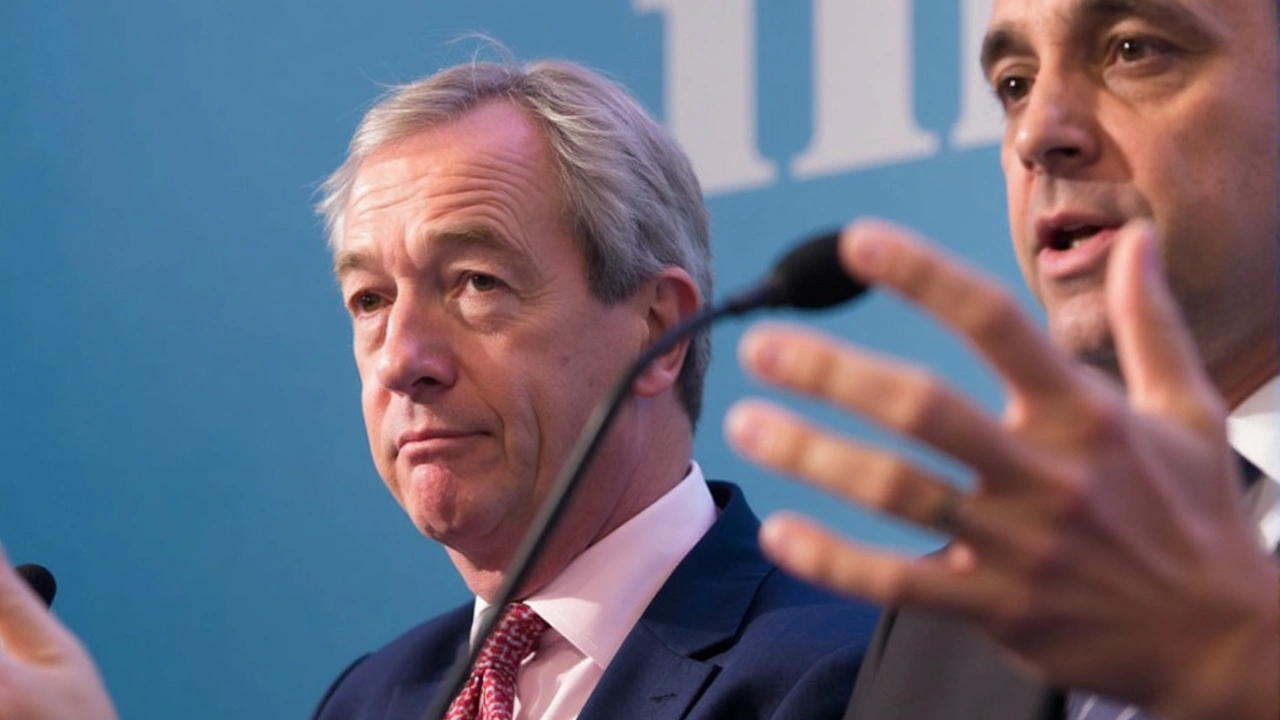Reform UK’s Unexpected Momentum: Polls and Predictions
British politics is buzzing with talk of Reform UK’s rising fortunes. Just a few years ago, many wrote off smaller parties like Reform as mere protest votes. Now, under the familiar leadership of Nigel Farage and a team of focused party officials, Reform UK is setting political circles alight. The latest opinion polls have delivered a shock: Reform holds a two-point advantage over Labour, and Labour leads the Conservatives by another two-point margin. If these numbers held up in a general election, Reform could go from political outsider to kingmaker, and Farage could be eyeing the Prime Minister’s chair instead of the backbenches.
That reversal is more than theoretical. Local elections have become testing grounds for this surge, and Reform has been making dents in areas that once looked impenetrable. Take Lancashire and Kent: seats that were seen as safe bets for either Labour or Conservatives have now fallen to Reform. These aren’t one-off flukes, either. Momentum is building, and this year’s elections suggest the established order may be in for a big shake-up.
Seat Forecasts, Voter Base, and the New Political Battleground
Those tracking the numbers are raising eyebrows at projections from Elections Etc, a political forecasting group. Their latest model draws a stark picture: Reform on track to win 375 council seats. For perspective, that’s not just better than what the party has ever done—it’s more than the losses forecast for Labour (with 140 seats lost) and absolutely dwarfs the 350-seat drop expected for the Conservatives. The model isn’t cooked up from nowhere. It takes current polling numbers and applies them to council seats, translating national percentages into local wins. But it’s worth noting these projections aren’t foolproof—parties like UKIP once showed similar potential on paper, only to falter on election day when the votes were counted and the winners declared.
The big difference this time? Reform UK seems to have built a more loyal and motivated base willing to turn out even when the overall voter turnout is low. Traditionally, anti-establishment parties struggle to get their supporters to the ballot box in the same numbers as the major parties. But what we’ve seen recently is different. Reform’s voters are showing up in force, flipping the script in local contests and challenging the old status quo. These are the people who checked out of politics years ago, sick of the same old song from both Labour and the Conservatives. Now, Farage is presenting Reform not just as a foil to the government, but as the only real opposition left standing.
But can polling leads and council wins scale up to victory in a national election? That’s still a huge question mark. For now, the calculations from most analysts suggest a handful of scenarios. There’s a real shot at a Reform-led minority government with outside support from the Conservatives, should the trends hold. Alternatively, the numbers could produce a hung parliament or result in smaller Labour or Conservative minorities. The one constant: Reform UK is no longer a sideshow. With Farage working hard to paint the party as the new face of dissent in Britain, it’s not just about protest—this is about power, and the party’s momentum is forcing everyone to take notice.
